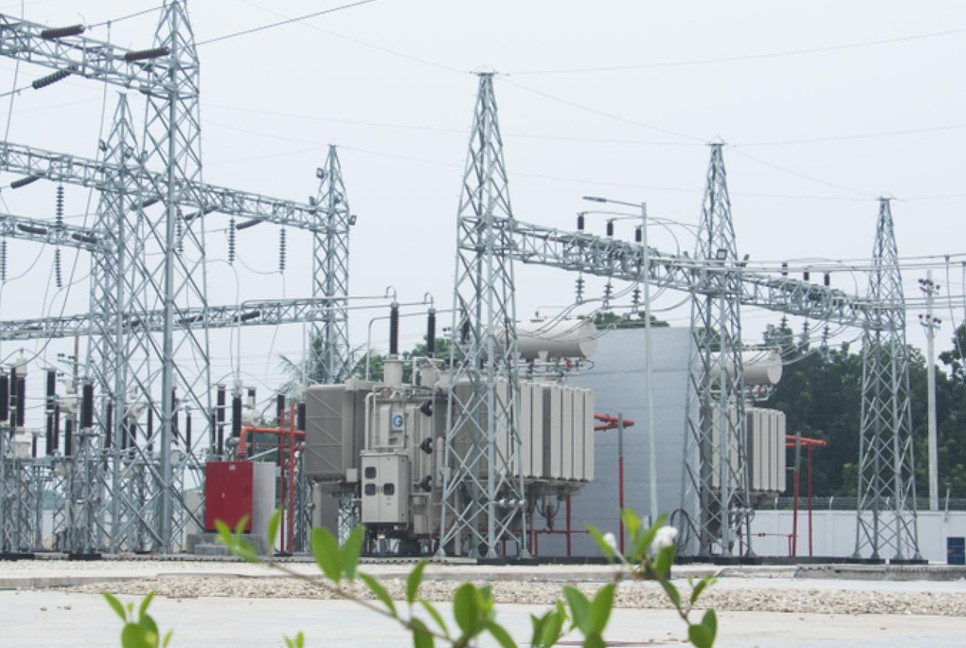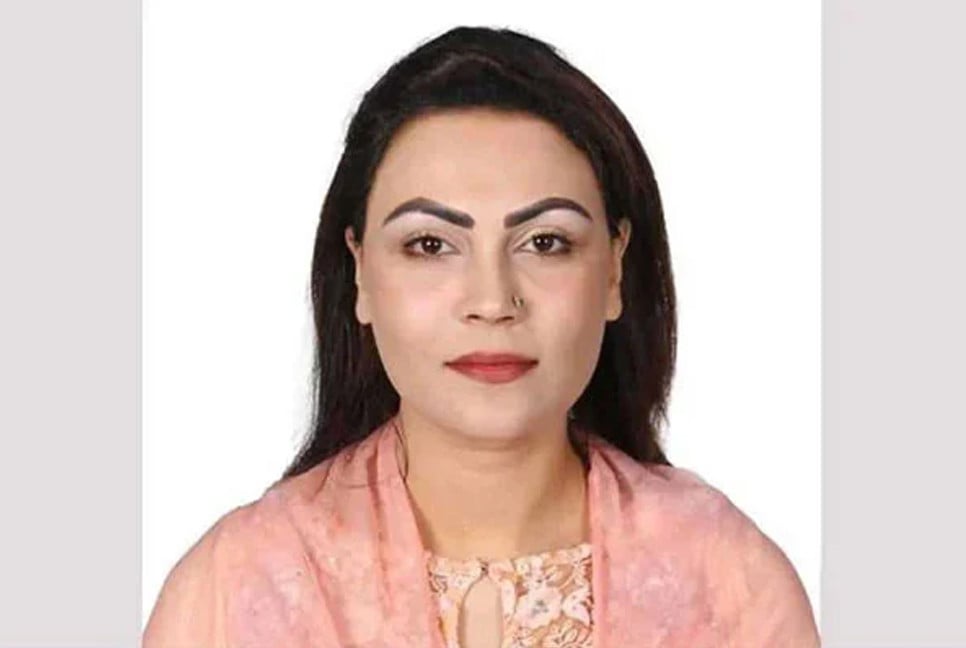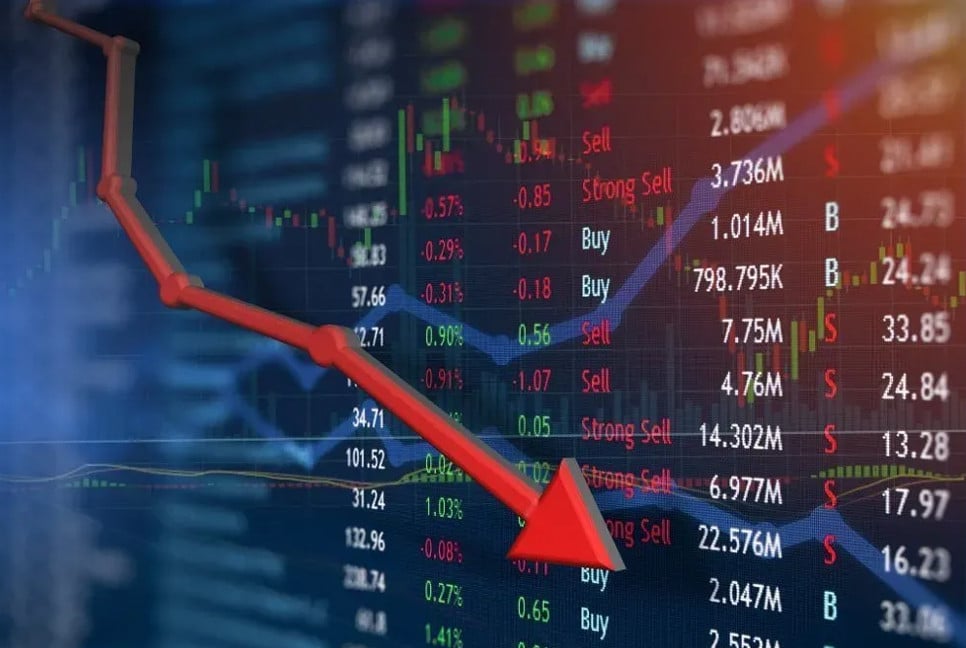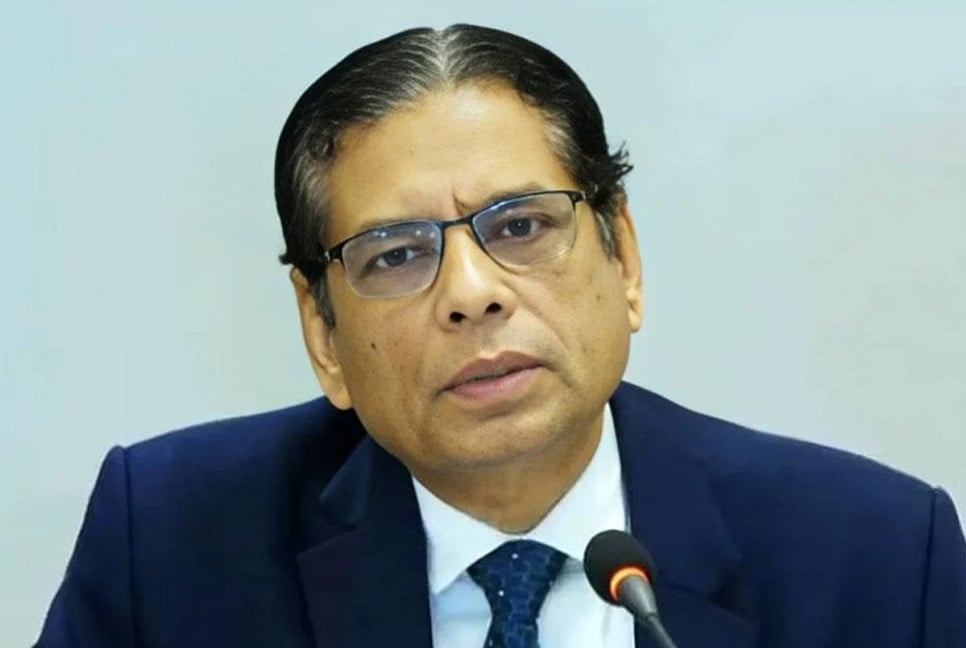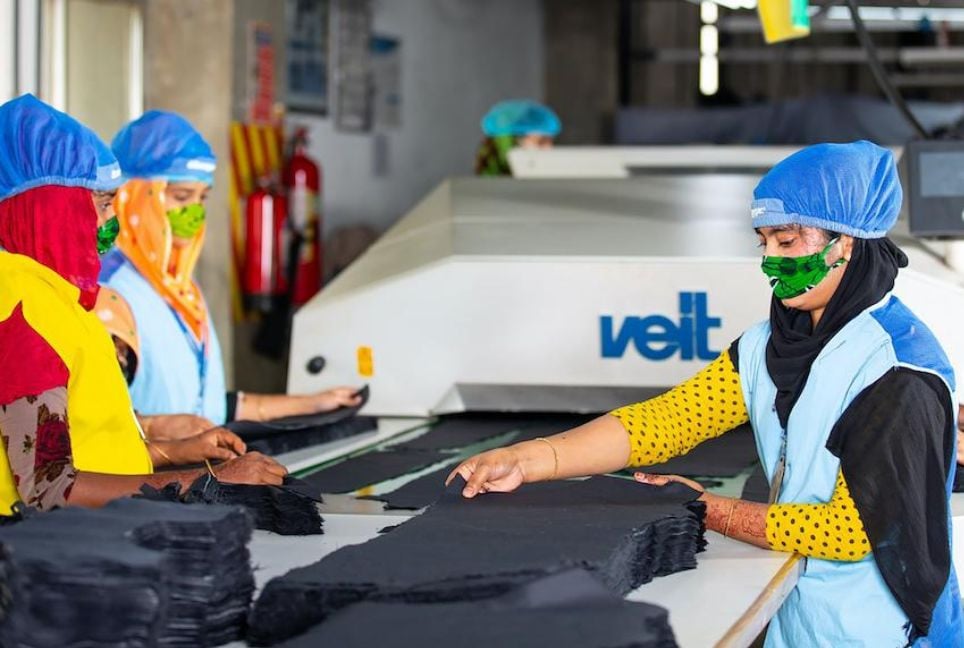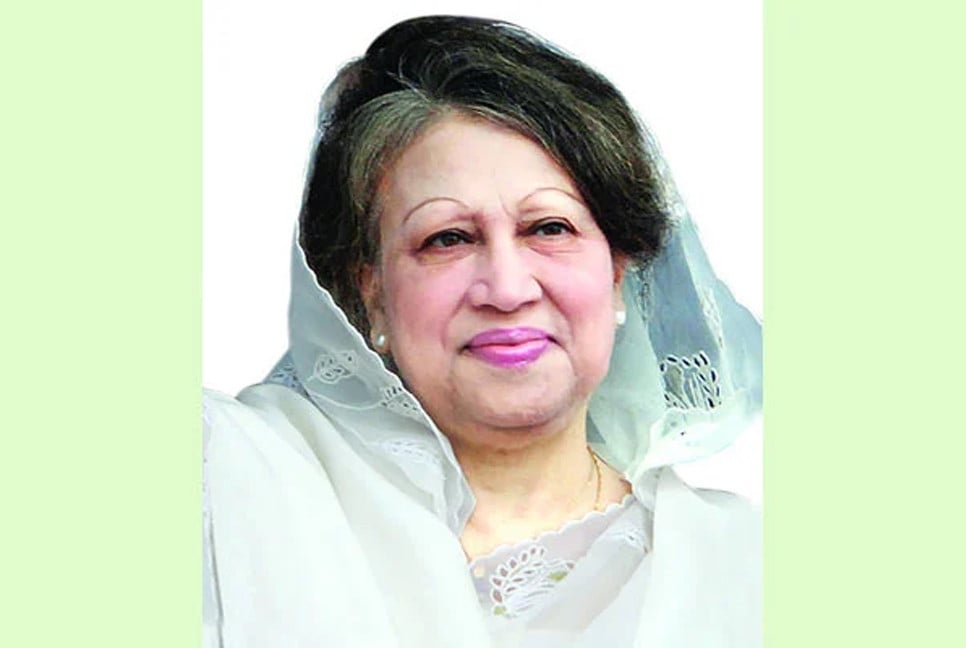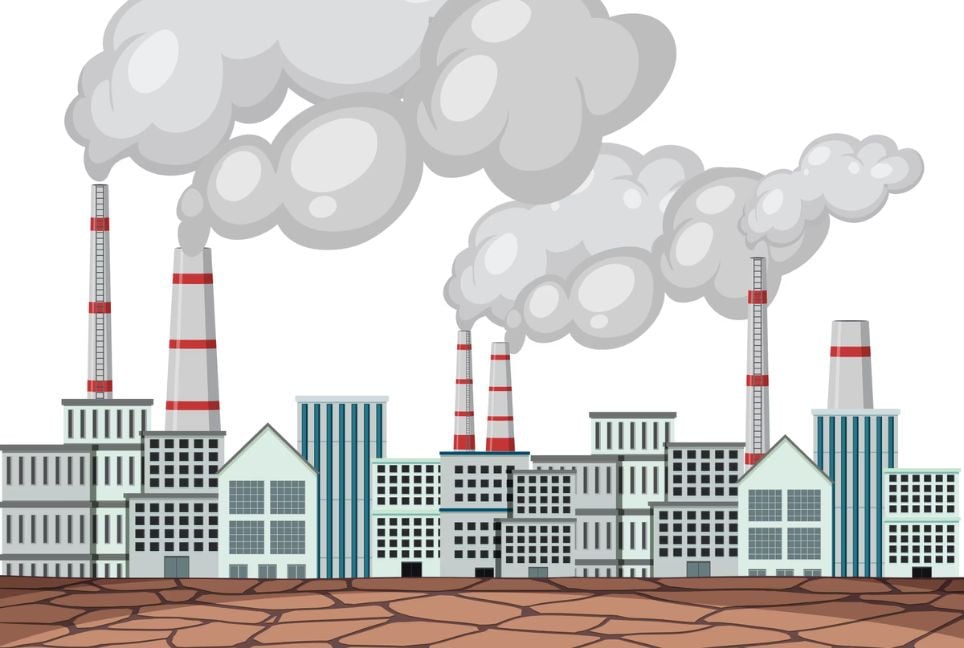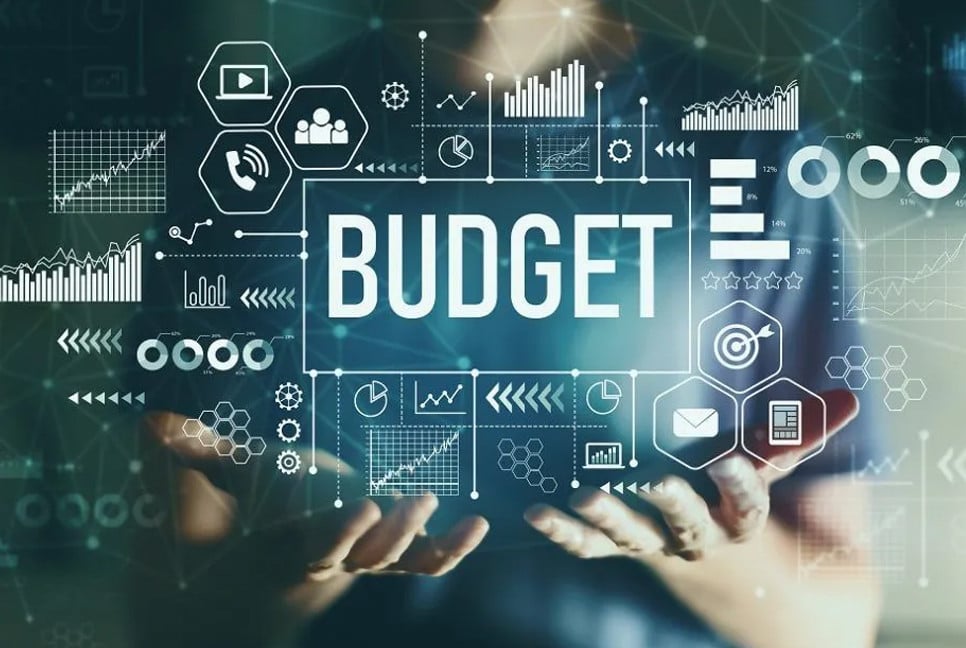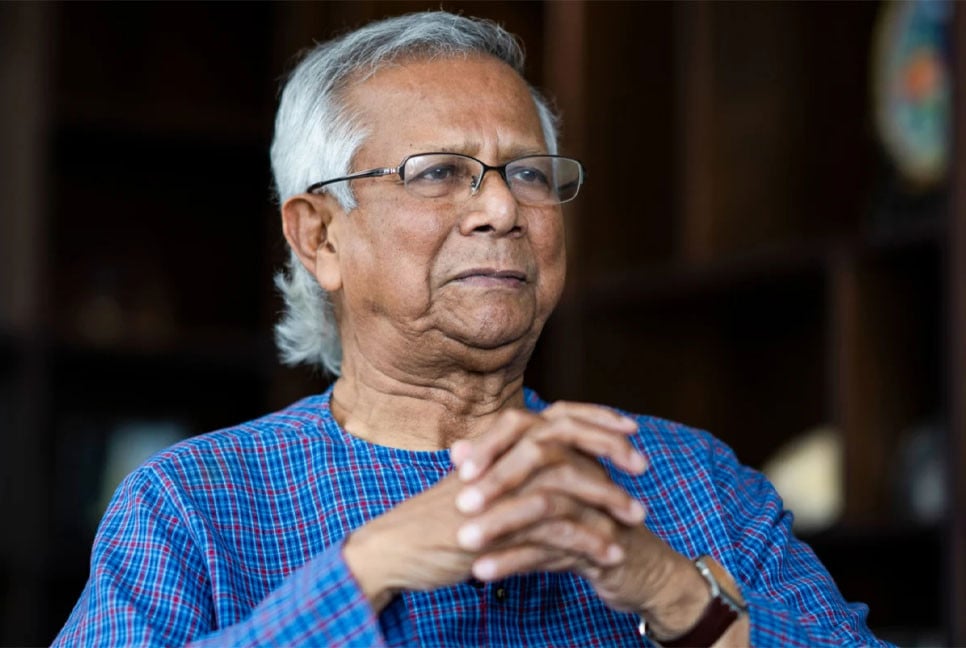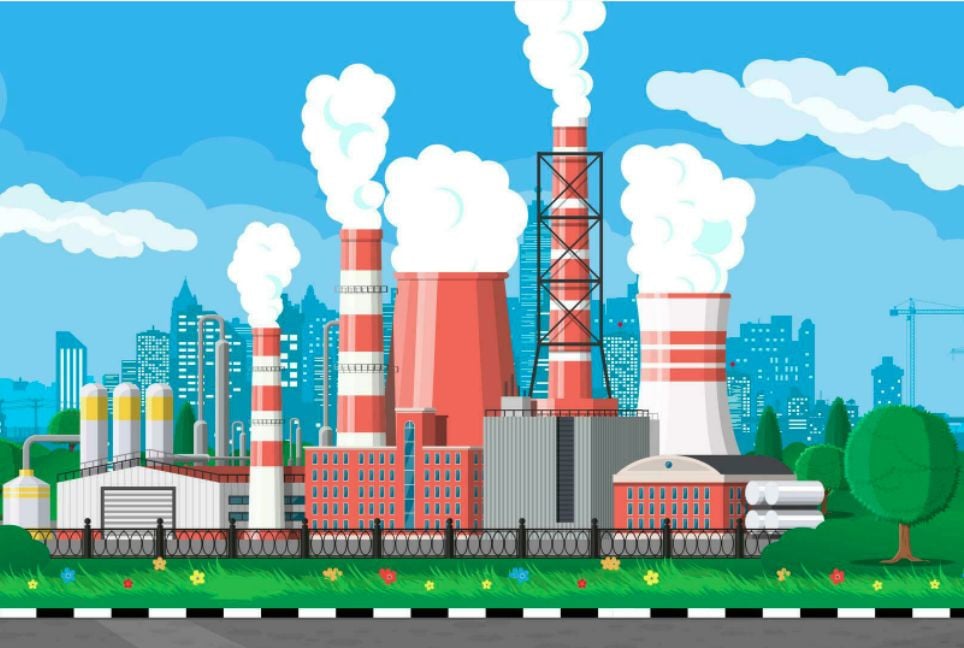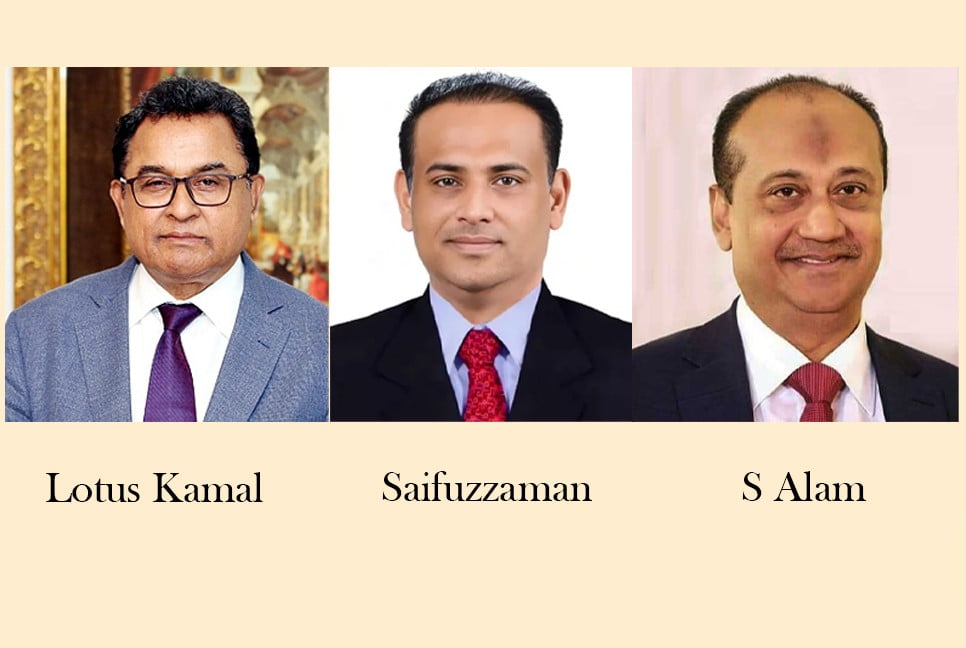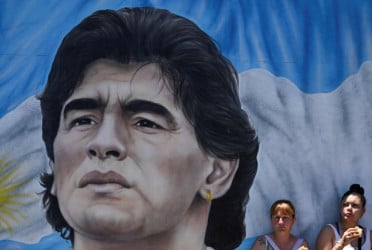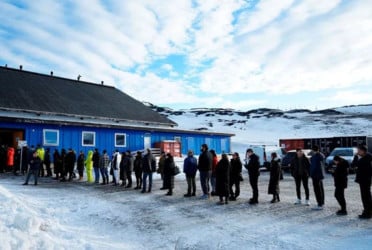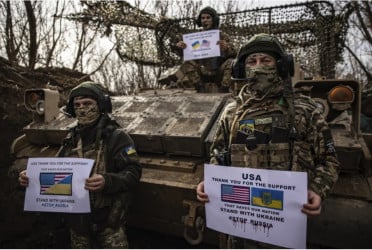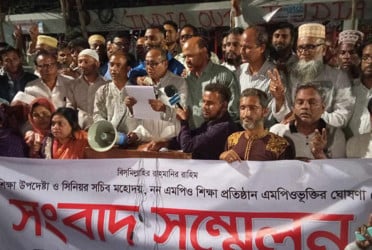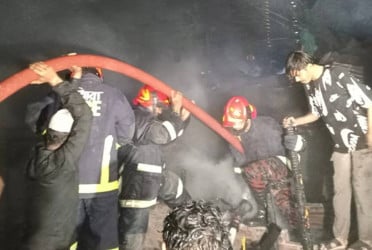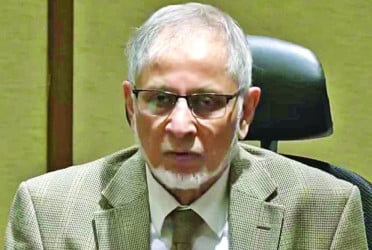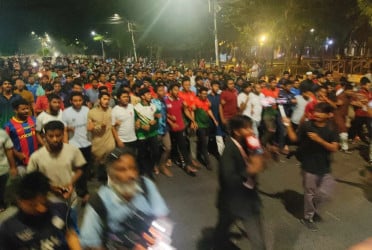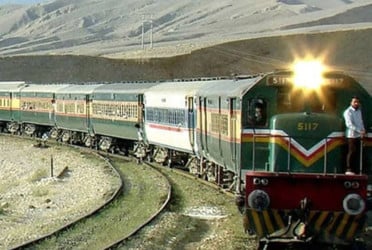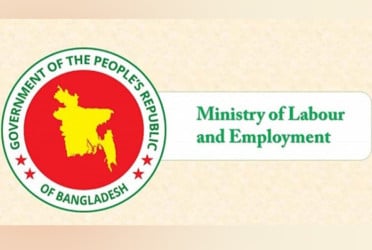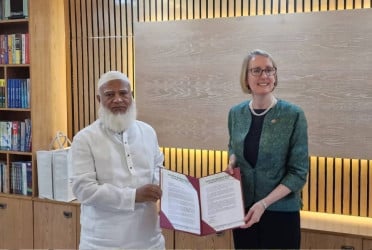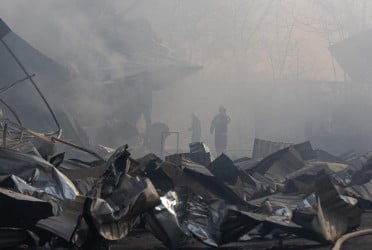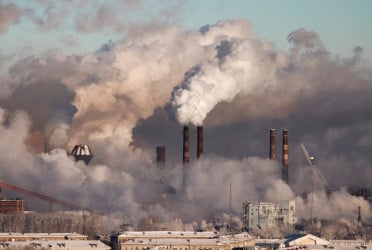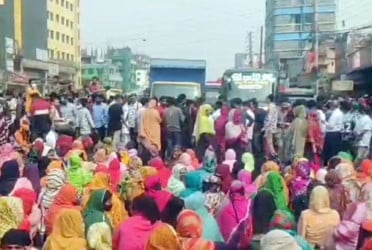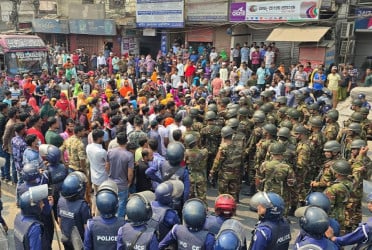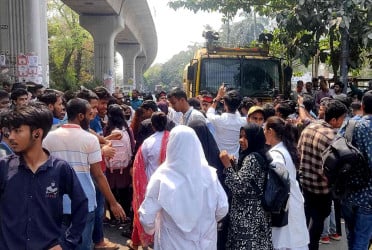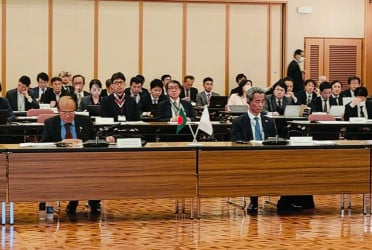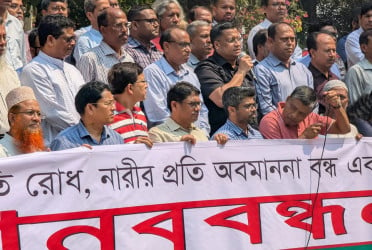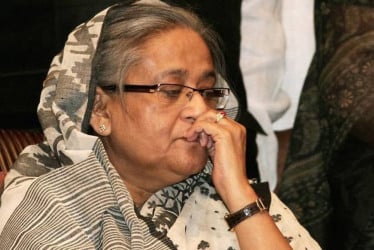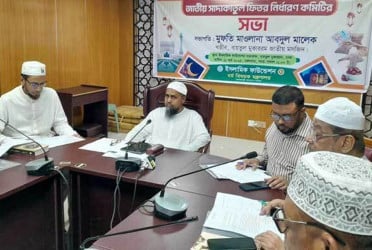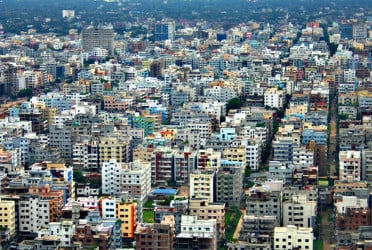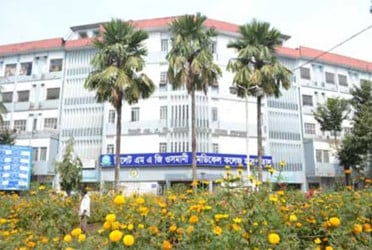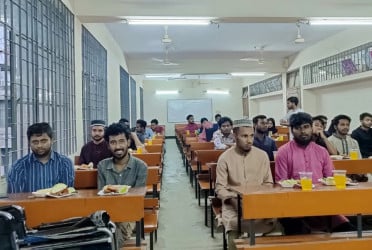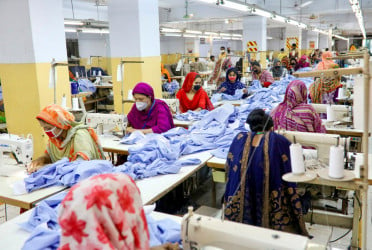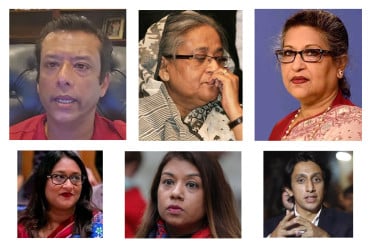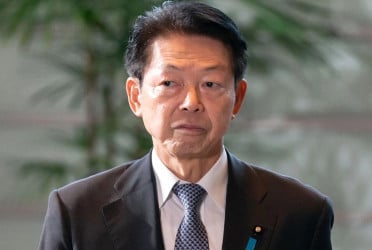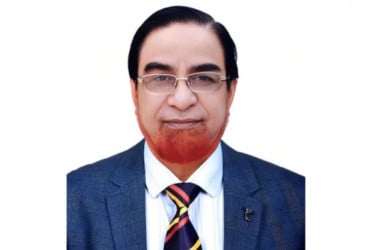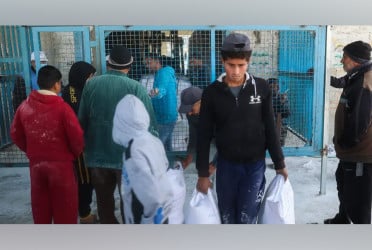The country's power sector has been struggling to clear arrears for the past three years. Due to financial limitations, the Bangladesh Power Development Board (BPDB) has been unable to settle its outstanding bills.
The government has also struggled to pay foreign companies due to a shortage of dollars. By November of 2024, BPDB's outstanding dues had exceeded 40,000 crore BDT.
Officials in the power sector have warned that without settling these dues, importing fuel for power plants to maintain production will not be possible, potentially leading to more severe load shedding during the summer.
To address this, the government has decided to use foreign currency reserves to settle the outstanding bills to ensure the power supply remains normal during the upcoming summer.
Muhammad Fouzul Kabir Khan, Adviser on Power, Energy, and Mineral Resources will share more information following an inter-ministerial meeting on the power and energy supply situation during Ramadan on Wednesday.
It has been revealed that of the 40,000 crore BDT owed by BPDB, over 19,000 crore BDT is for gas bills used in power plants.
Without settling these dues, the Bangladesh Oil, Gas, and Mineral Corporation (Petrobangla) will not be able to continue gas supply.
Government and private power plants owe 21,000 crore BDT, with nearly 16,000 crore BDT owed by the private sector. Among these, 10,000 crore BDT is owed to furnace oil-based power plants, and the remainder to other plants.
There is an 8,400 crore BDT outstanding debt to India’s Adani Group. Due to reduced demand, Adani is currently supplying only half of the expected capacity. A letter from Adani to BPDB on January 19 set a deadline for settling the dues by June.
The concern is that without settling the dues, the power plants will not be able to import fuel to maintain their operations.
Private sector operators told Bangladesh Pratidin that although electricity bills are typically required to be paid within 30 days, BPDB is not adhering to this deadline, resulting in power plants being unable to purchase the essential fuel.
Additionally, it takes a maximum of 40 to 45 days to import furnace oil. However, without the pending payments, it will be impossible to run the power plants during the summer. As a result, during the peak demand period in the summer, electricity supply from furnace oil-based plants will not be possible, leading to increased load shedding in the heat.
However, to ensure normal power supply during the summer, the government has decided to release dollars from its foreign reserves to clear the overdue bills.
The Bangladesh Bank has agreed to release dollars starting in March to clear the dues of both private power plants and electricity imports from India.
The decision to limit subsidies in the power sector and meet the increased demand for electricity during the summer was made at a meeting chaired by Finance Adviser Dr. Salehuddin Ahmed on February 3. The Power and Energy Adviser was also present at the meeting. Discussions were held regarding the payment of outstanding bills to ensure continued electricity import from Tripura by India's Adani Group and the state-owned company NTPC Vidyut Vyapar Nigam Limited. Additionally, significant discussions took place regarding the settlement of subsidy dues for private electricity companies.
Muhammad Fauzul Kabir Khan, the Power, Energy, and Mineral Resources Advisor, told Bangladesh Pratidin that BPDB sells electricity to consumers at an average price of 8.90 BDT per unit but buys it for 12-13 BDT per unit. Due to this price difference, BPDB is unable to cover the losses, and it is requesting a subsidy from the government. The government is expected to provide this subsidy, allowing BPDB to clear its dues.
He mentioned that he has urged the government to release the pending payments to BPDB. Once the funds are provided, the outstanding bills will be cleared. The process of releasing the funds is currently in progress and is already with the finance department.
BPDB Chairman Mohammad Rezaul Karim told Bangladesh Pratidin, "Everyone is aware of the electricity situation for the upcoming summer and irrigation season. We will try to increase gas supply to manage the situation. At the same time, we will work to ensure a steady supply of coal. BPDB's financial condition is not very strong. We are currently working with checks and balances. We are receiving some dues from the government. However, if we had a bit more funding, the situation would be somewhat better."
(Translated by Afia Nanjiba Ibnat)

